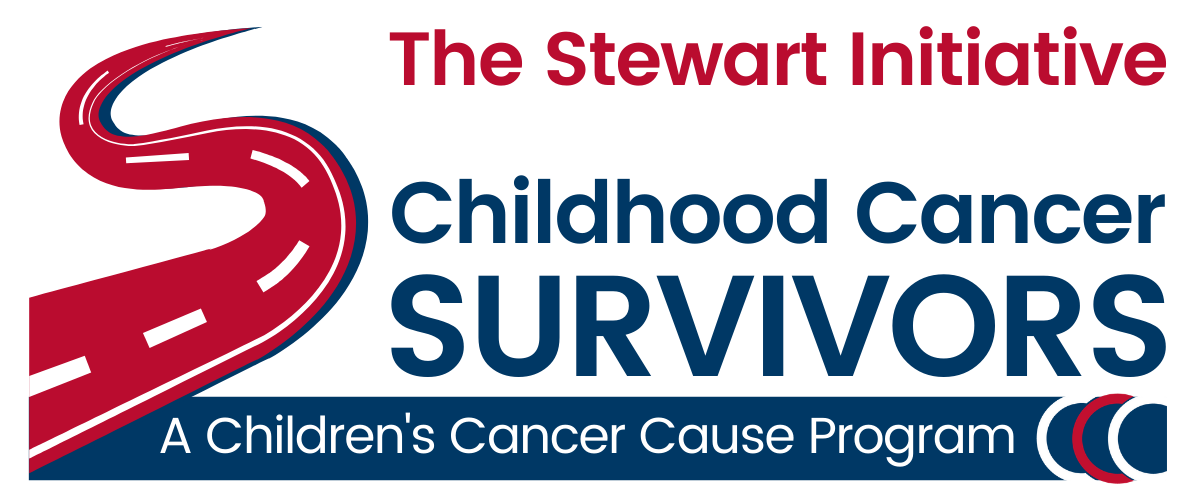Chronic Pain
Pain is common to cancer patients while they are undergoing treatment, but sometimes pain persists even after treatment - a late effect. This type of pain is known as chronic pain and it can be a side effect of your treatment therapies, particularly if your bones, joints, or nerves experienced damage from chemo or radiation.
Chronic pain can have a severe impact on the quality of life experienced by survivors afflicted with it. Therefore, it is important that you understand your pain and take steps to battle it.
Survivors who let their pain go untreated can begin to feel powerless over it and may become depressed, develop low self-esteem, and be unable to live their lives to the fullest.
Tackling Pain
According to the World Health Organization, 85-97 percent of all cancer-related pain can be effectively managed and controlled. Your medical team should be able to help you develop the right pain management treatment plan for your own unique needs. There are many different pain medications available; you will need to work closely and openly with your medical team to keep track of what is most effective so your doctors can adjust your treatment as needed.
In addition, studies have proven that patients who learn pain-coping skills can help reduce their distress from pain. Some techniques include relaxation, meditation, and distraction, as well as support groups, massages, music, and pain management counseling. Pain is different for everyone, as is its treatment, so only you can make the best decisions about your chronic pain.
What to Discuss with Your Doctor
Tell them where it hurts, when it hurts, and how intense the pain is.
Tell them what makes the pain feel worse and makes it feel better.
Tell them how quickly your pain comes on, how long it lasts, and how often it occurs.
If you are taking pain medications, be sure to discuss how much relief you get. If your doctor is recommending new medications, be sure to ask about the possible side effects and be sure you understand how to take them properly.
Discuss how the pain is affecting your life and what activities you are unable to perform because you are in pain. Include information about your appetite, your ability to sleep, and whether you can perform your normal daily functions.
Chronic Fatigue
Everyone feels fatigue now and then, but adult survivors of childhood cancer are at a higher risk than their peers of suffering from impaired cognitive skills as a result of fatigue and sleep problems. So when fatigue becomes chronic - lasting weeks and interfering with your ability to accomplish everyday tasks - you should talk to a medical provider about it.
Sometimes fatigue is caused by cellular harm from the treatment itself but sometimes it’s related to other long-term late effects like hormonal imbalances, anemia, or mental health problems. Your medical team can help you figure out if there are root causes of your fatigue that can be treated or mitigated.
A 2011 study found that cancer survivors who are already at risk for cognitive problems face a four-fold increase of problems related to memory, reasoning and emotional control when they are sleep deprived or fatigued. This was the first such study to link fatigue with neurocognitive issues for childhood cancer survivors. The link was found to be independent of a survivor’s age, gender, or treatment protocol.
The same report identified potential new strategies such as memory training and exercise regimens that can help survivors cope with this increased risk from sleep disturbances. The study’s authors also suggest that survivors might benefit from periodic screening for fatigue and sleep disorders. A 2020 study further explored this link between sleep disorders, neurological disorders, and pediatric cancer treatment.
Coping with Fatigue
You may need medical interventions to manage your fatigue, especially if there are root causes like pain or depression, so you should always talk to your doctor about your options. Some survivors find relief in meditation, massage, acupuncture, or supplements like ginseng. And always remember the importance of a healthy lifestyle. There are things everyone can do to keep up their energy reserves throughout the day, like staying hydrated and exercising regularly.
Talk to a medical professional before starting any new medications or making big adjustments to your daily activities.

